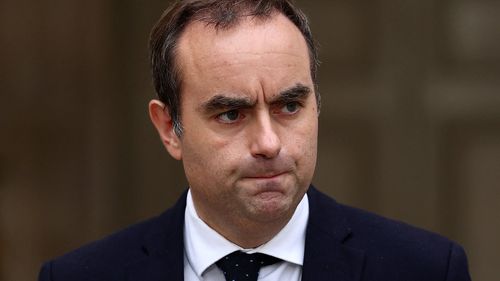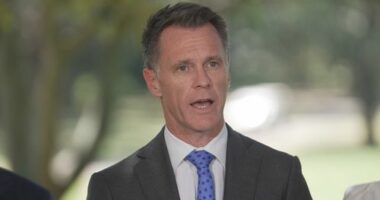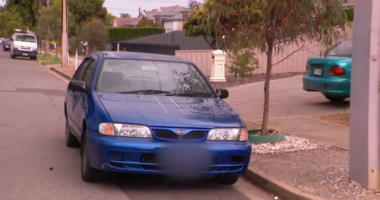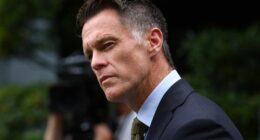Share this @internewscast.com
The move deepened the country’s political crisis and left President Emmanuel Macron with few options.
The presidency said that Macron, who has been hitting record lows in opinion polls, accepted the resignation.

On the far left, France Unbowed also asked for Macron’s departure, while voices on the left called for the revival of a coalition made up of leftists, socialists, greens and communists.
The resignation rattled investors, sending the CAC-40 index of leading French companies plunging.
The index fell by nearly 2 per cent in the wake of the resignation before later making up some of the losses.
Ministers appointed just the previous night found themselves in the bizarre situation of becoming caretaker ministers – kept in place only to manage day-to-day affairs until a new government is formed – before some of them had even been formally installed in office.
Agnès Pannier-Runacher, the newly reappointed minister for ecology, posted on X: “I despair of this circus.”
Lecornu’s method didn’t work
Lecornu’s choice of ministers has been criticised across the political spectrum, particularly his decision to bring back former Finance Minister Bruno Le Maire to serve at the defence ministry, with critics saying that France’s public deficit soared under his watch.
Lecornu’s main task would have been to pass a budget, as France is faced with a debt crisis.
At the end of the first quarter of 2025, France’s public debt stood at €3.346 trillion ($5.92 trillion), or 114 per cent of gross domestic product.
Debt servicing remains a major budget item, accounting for around 7 per cent of state spending.
Other key positions remained largely unchanged from the previous Cabinet, with Retailleau staying on as interior minister in charge of policing and internal security, Jean-Noël Barrot remaining as foreign minister and Gérald Darmanin keeping the justice ministry.
Retailleau, the head of the conservative Republicans party, said that he didn’t feel responsible for Lecornu’s fall, despite lashing out at the composition of the new government.
Retailleau blamed Lecornu for not letting him know Le Maire would be part of the government.
“It’s a matter of trust,” he told broadcaster TF1. “You promise a break and end up with returning horses. This government embodied all the conditions to be censured.”
Le Maire said that he offered Macron his immediate withdrawal from the government, a proposal that the president accepted.
“I hope this decision will allow talks to resume to form the new government France needs,” he said.
Seeking consensus at the National Assembly, Lecornu consulted with all political forces and trade unions before forming his Cabinet.
He also vowed that he wouldn’t employ a special constitutional power that his predecessors had used to force budgets through parliament without a vote and would instead seek compromise with lawmakers from the left and the right.













